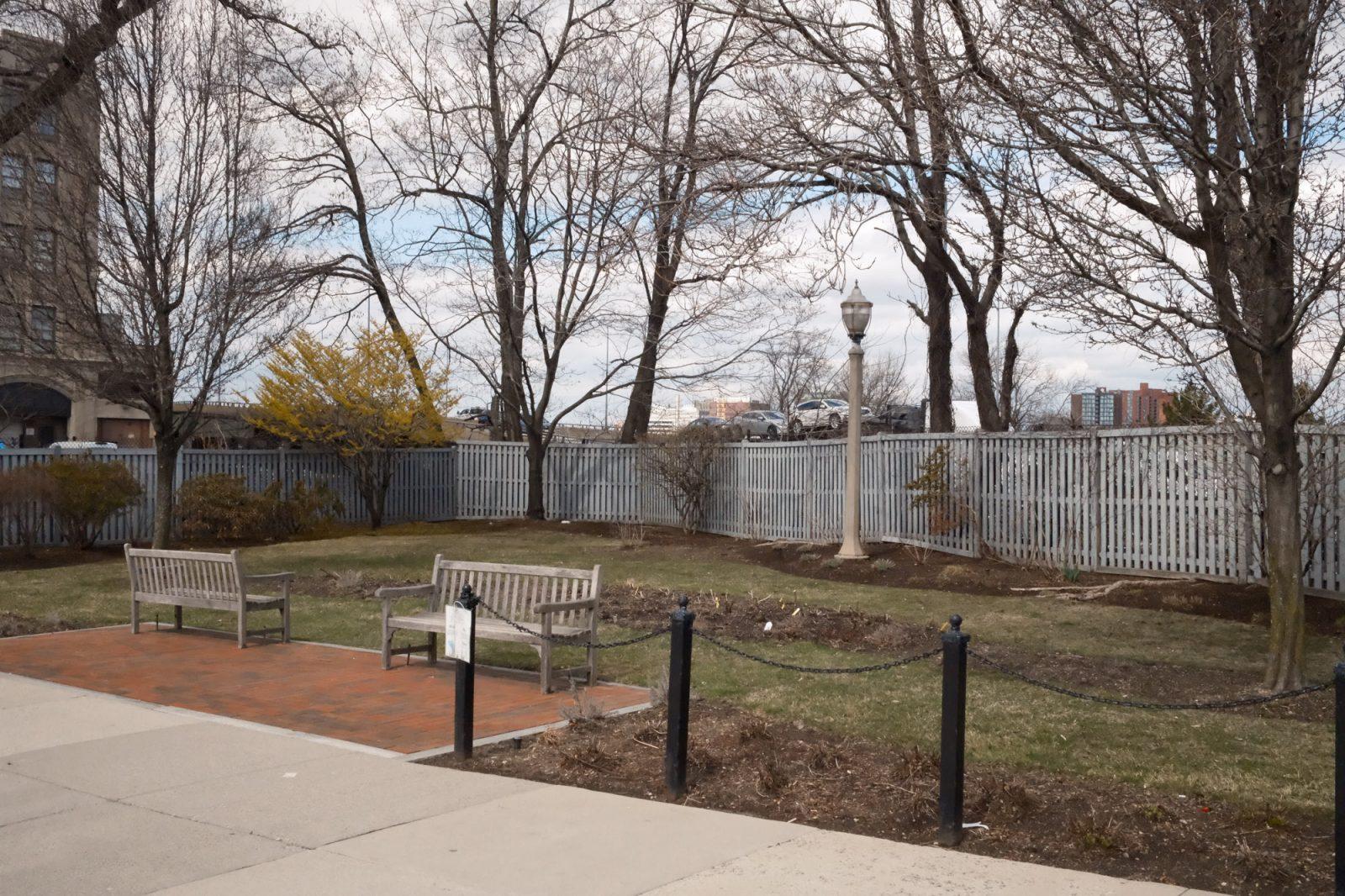Tianyu Wang, an assistant professor in the College of Engineering, is more than just your course lecturer — he is a neuroscientist and Chipotle regular who recently received a $2.5 million grant for his research.
The grant, from the Chan Zuckerberg Initiative, was to advance a research project he is conducting with professors from Yale University and Cornell University to improve deep tissue imaging inside the brain.

Deep tissue imaging is the process of obtaining clear images of the functions happening inside the layered tissues of organisms. According to the project outline from the Chan Zuckerberg Initiative, the process is used “to gain a deeper mechanistic understanding of biological systems.”
“Creation for the project is indeed based on my prior research and the shared interest with my colleagues,” Wang said. “I did … imaging of neurons in the brain during my graduate school and we did a postdoc together trying to study more on how to use light … so it can allow faster and deeper imaging.”
Wang said during his postdoctoral work at Cornell, he refined the computing and microscopy skills used in the research he conducts.
Wang works alongside Yale University assistant professor Logan Wright, Yale professor Hui Cao and Cornell professor Chris Xu to develop an advanced microscope that can image neural activity, which is the transmission of signals within the brain, according to a study published in Science Direct.
Wang’s research today incorporates ideas similar to his postdoctoral work at Cornell. There, he worked with with Xu on a three-photon microscope to allow researchers to see brain regions that “were not accessible by two photons,” he said. This allows for imaging of thick tissue.
“It took quite a long time and a lot of harder work in the lab,” Wang said. “[It] requires a careful design of the systems and critical interpretation of the data … and a very long time of collecting data, which requires a lot of patience.”
Wang’s PhD work gave him other technical skills such as estimation practice on how long scientific projects would take, he said.
And even if it was difficult in the beginning, Wang said he eventually realized it could be used in practical ways that could produce positive results.
“[Wang is] much more of a poet and artist than you might come across initially,” said Logan Wright, one of Wang’s colleagues on the project and an assistant professor of applied physics at Yale. “[It] can play an important role in the science that he does.”
Wang said he has conducted other research in his time at BU, such as classifying different cells based on their morphology, a branch of biology that deals with structures of living things.
He is also still continuing his postdoctoral work, including building more efficient optical systems for running useful machine learning models so that they can recognize objects moving at the speed of light, he said.
Wang’s research focuses on the incorporation of physics, electrical engineering, applied mathematics and neuroscience to understand the brain, design new laser systems and design new algorithms to study the brain better, Wright said.
Rafay Adnan, a sophomore studying biomedical engineering in ENG, takes Wang’s lecture on circuits, which is a one of the required courses for engineering students.
“He’s really knowledgeable,” Adnan said. “He really knows what he’s talking about. He’s always a great source to talk to if you have any questions.”
Adnan said he appreciated the professor’s clarity during lecture and ability to take criticism, but said his course was better suited for the independent learner.
“He does a good job at being very clear of what his expectations are and how we can do better in the class,” Adnan said.
There is a general interest in pushing for practical biomedical imaging techniques at BU, Wang said.
“I have started here for three months, and it has been really really busy but it’s fulfilling,” he said
So far, Yang believes his work has been productive, and he is enjoying the process of setting up another lab.
But between his research and the cold weather, Wang said he has not explored Boston yet.
He said he hopes when summer comes around, he can attend more cultural and sporting events in the city, but in the meantime, he is focused on his lab where he wishes to receive his first batch of data.
“People all assume … that I am really enjoying my life with all the restaurants in Boston,” he said. “But for now I can still say I spend most of my time at Chipotle.”



























































































































